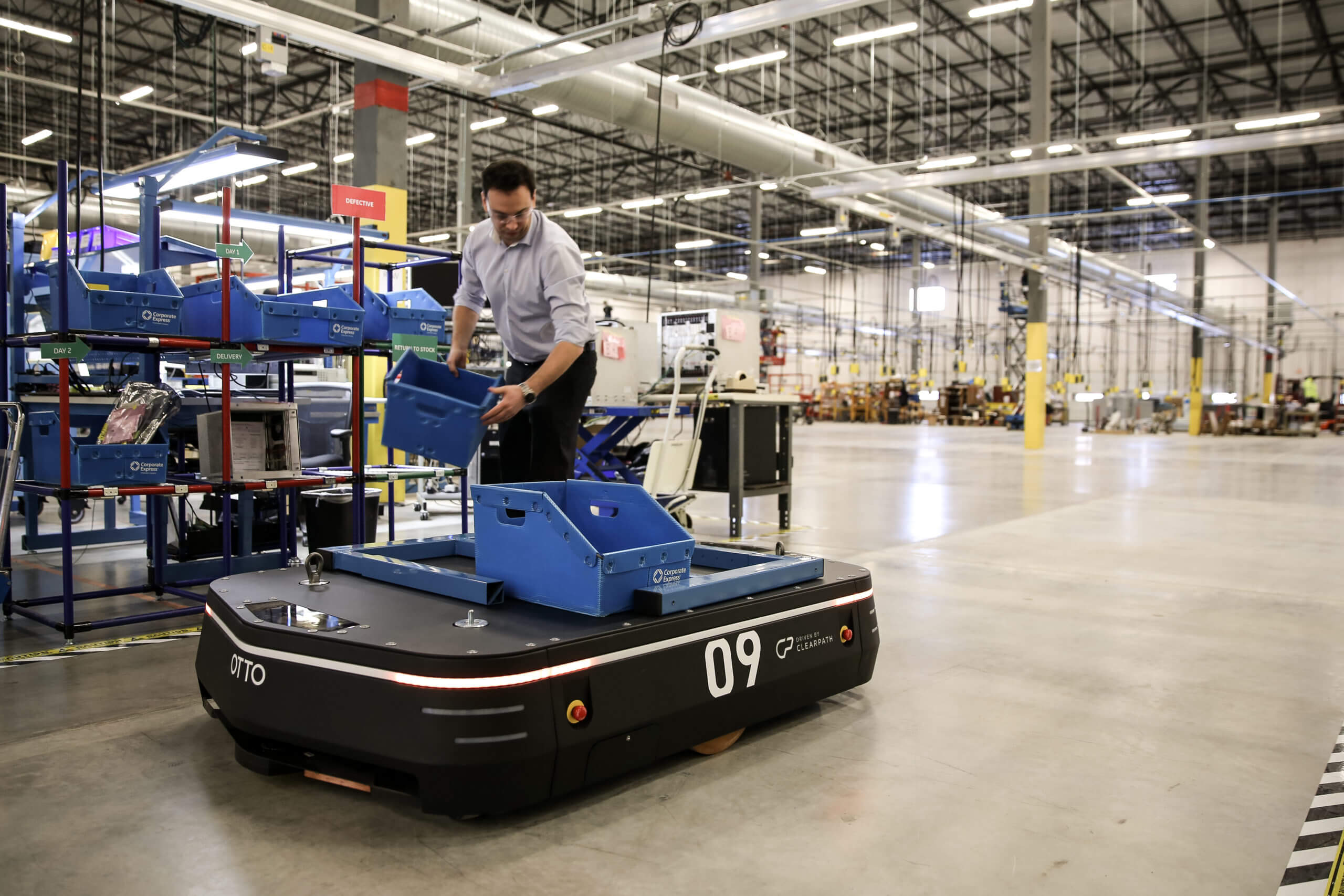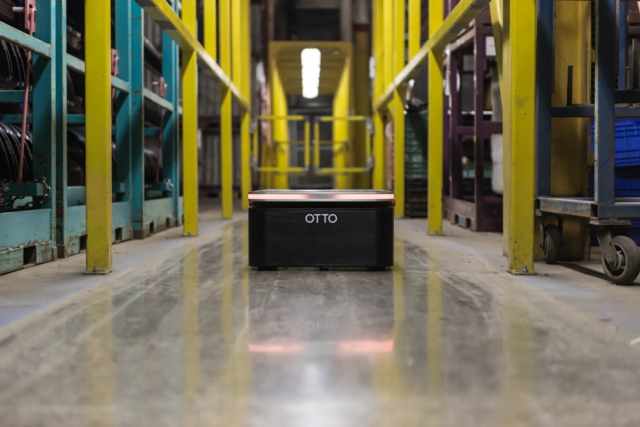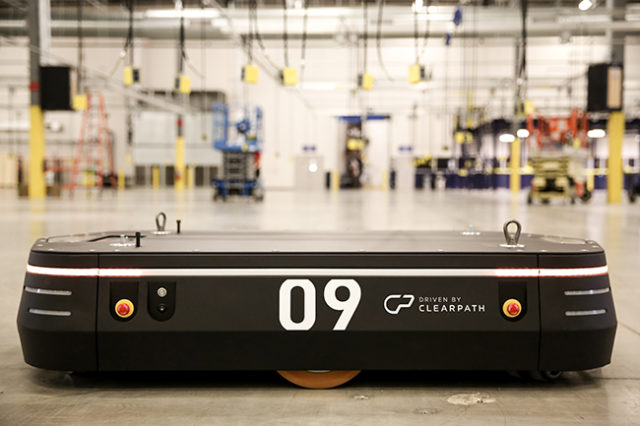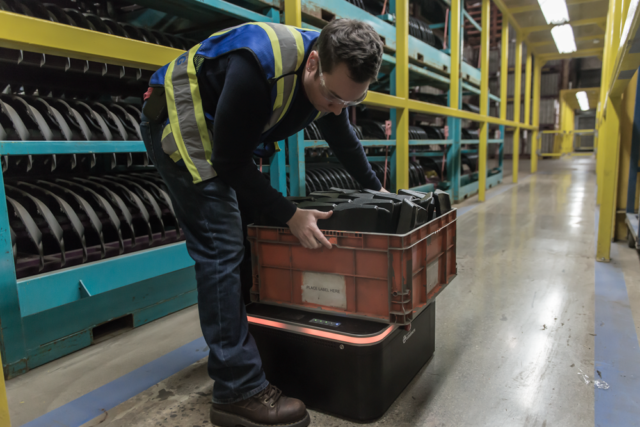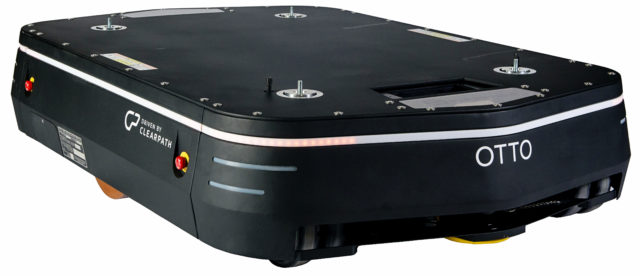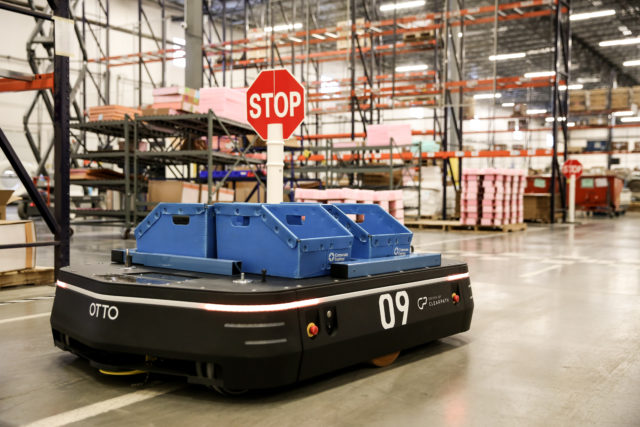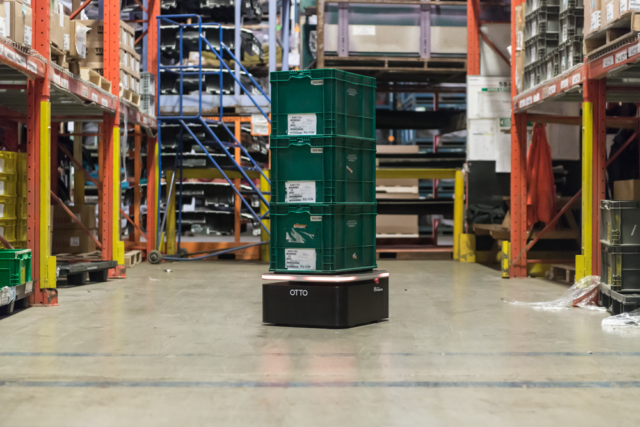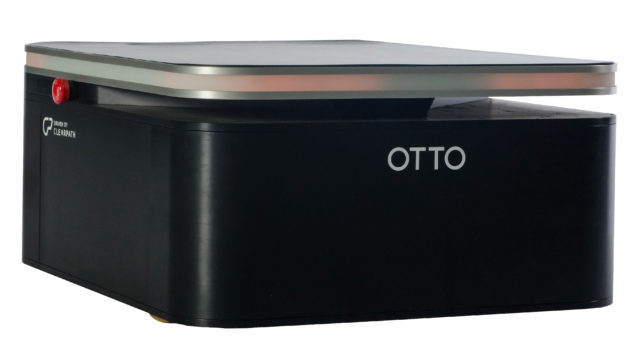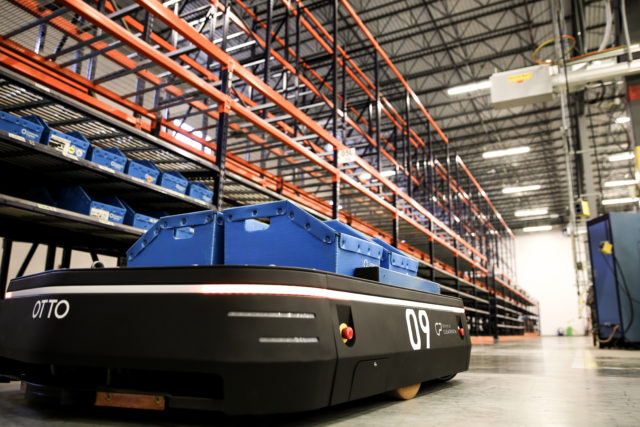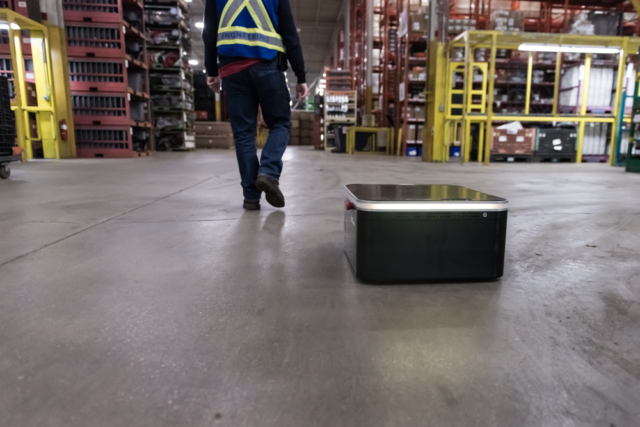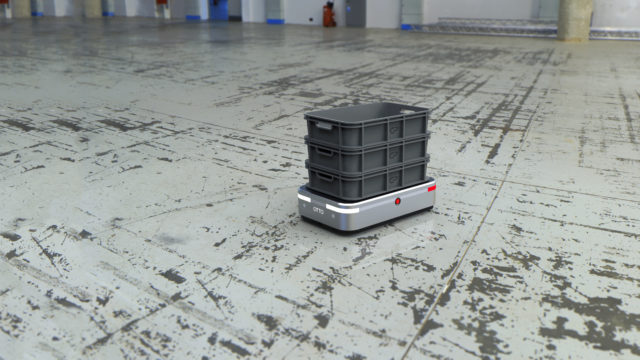-
Headquarters -
1425 Strasburg Rd. Suite 2A, Kitchener, ON N2R 1H2
-
Year established -
2009
-
NAICS -
334110 - Computer and peripheral equipment manufacturing
-
Major expansions -
N/A
-
Employees -
120
-
Exports -
US, EU, Asia-Pacific
-
Download -
Clearpath Robotics
Clearpath Robotics (Clearpath) designs and manufactures driverless vehicles for research and development. Solutions are used for research across mining, agriculture and military industries. OTTO Motors is a division of Clearpath, established in April 2016, to provide self-driving vehicles for light-load and heavy-load material transport in factories, warehouses, and distribution centres.
In 2009, while the world was still reeling from a global economic crisis, a young Kitchener-based company called Clearpath Robotics (Clearpath) was established by four University of Waterloo mechatronics engineering graduates: Matthew Rendall, Ryan Gariepy, Pat Martinson, and Bryan Webb.
Despite public skepticism and hesitation from investors, Clearpath has continued to prove that innovation, hard work, and strong partnerships are reliable ingredients for success.
“Originally, the business idea was to build robots to clear landmines in war-torn countries; that’s where the name Clearpath comes from,” says Meghan Hennessey, marketing communications manager at Clearpath. However, facing significant risks and barriers to entering the market in 2009, the founders decided to shift the company’s focus from military applications to customizable robotic platforms for research and development in academia. Through six years of working with different customers in this area of research, Clearpath was able to expand the business into different industrial applications. In April 2016, OTTO Motors, a division of Clearpath, was launched with the aim of building unmanned vehicles for material handling in the industrial world.
Currently, both Clearpath’s research and industrial divisions are based on the vision of “building robots to automate the world’s dull, dirty, and dangerous jobs.” Research vehicles have been used in a variety of applications in the military, agricultural, and mining industries, and the company’s clients include the University of Waterloo, the University of British Columbia, Massachusetts Institute of Technology, and Harvard University. The research robotics have been exported to over 40 countries around the world.
In its OTTO Motors division, Clearpath is now building OTTO 100 and OTTO 1500 self-driving vehicles for light-load and heavy-load material transport in factories and warehouses. These vehicles are used for different applications according to their size differences, as Hennessey explains: “For example, OTTO 1500 can be configured as a cart, conveyor or lift in order to fit the needs of the factory or warehouse.” OTTO Motors is currently selling to the North American market with prominent customers include General Electric and John Deere.
“With a $100 billion market per year in the United States for industrial robotics in manufacturing, there is plenty of opportunity for us to grow the OTTO Motors division within North America,” says Hennessey. “We are focusing on supporting the vision of automating material transport within industrial centres.” To achieve this goal, Clearpath adopts new concepts and continues to innovate and enhance the OTTO Motors product offering.
Automatic guided vehicles (AGVs) have traditionally been used in the manufacturing sector for material transport, which requires magnetic tape or cables affixed to the floor. OTTO Motors’ self-driving vehicles (SDVs), however, offer infrastructure-free navigation using 2D LiDAR sensors to perceive and map their environment. (The sensors are currently supplied by SICK Canada Ltd.) “The OTTO 1500 has front and rear sensors, which allow the vehicle to perceive almost 360 degrees of its environment. Using this perception method, and Clearpath’s proprietary software, the vehicles can figure out the most efficient route for transporting materials and dynamically move their way through the facility,” says Hennessey.
Clearpath is proud of its hard-working and talented team, comprised of 130 professionals. The majority of the employees are from the Waterloo region and the Greater Toronto Area, but due to Clearpath’s prestige in the robotics industry, the company attracts talent from all over the world. Approximately sixty percent of its employees are engineers, with training in robotics automation, electronics, computer science, mechanical engineering, or electrical engineering programs. The remaining 40 percent of employees are split between roles in operations management, sales, and marketing.
“Although Waterloo’s talent pool has been an excellent source for skilled employees for our businesses, we also welcome applicants globally as we seek world-class talent,” explains Hennessey. “Robotics technology is still very new – it’s an emerging industry – so it’s important to scan the global landscape for talent. We’re looking to find the right people with the right skillset.”
Clearpath's co-founders continue to maintain a strong connection with the University of Waterloo and with other local educational institutions.
Clearpath recruits students for co-ops and internships directly from the University of Waterloo, Wilfrid Laurier University, and Conestoga College. The company also participates in events hosted by those institutions, and sponsors some of their robotics clubs. For example, Clearpath recently participated in the “TronCon” event, hosted by the University of Waterloo’s engineering department, and the Canadian Association of Business Students (CABS) career events at Wilfrid Laurier University. Clearpath has also remained closely tied to the Accelerator Centre of Waterloo (a business centre) that helped Clearpath get up and running when it was first established.
Clearpath utilizes the Scientific Research and Experimental Development (SR&ED) Tax Incentive program, the Industrial Research Assistance Program (IRAP), and FedDev Ontario’s Investing in Business Innovation (IBI) program for continuous research and innovation.
As the company has moved out of the “startup” phase, Hennessey notes that relevant government grant opportunities are becoming limited; “There are a lot of grant opportunities to help start-ups with R&D efforts, but for companies like Clearpath that sit between a start-up and a mid-sized company and are focused on growth, government grants are somewhat limited.”
By leveraging industry knowledge and partnerships, Clearpath continues to expand.
When asked about the company’s plan for the future, Hennessey replies without hesitation, “We will remain headquartered in Canada – Clearpath started in Waterloo, we love it here, and it is a hub with a great talent pool.” The company is building technologies to ready the world for the fourth industrial revolution (Industry 4.0). They are prepared for any challenges and opportunities the future may bring. People, innovation, and partnership make Clearpath a prime example of a successful Ontario-based manufacturer.
For more information about Clearpath Robotics, visit their website.
Published: February 15, 2017
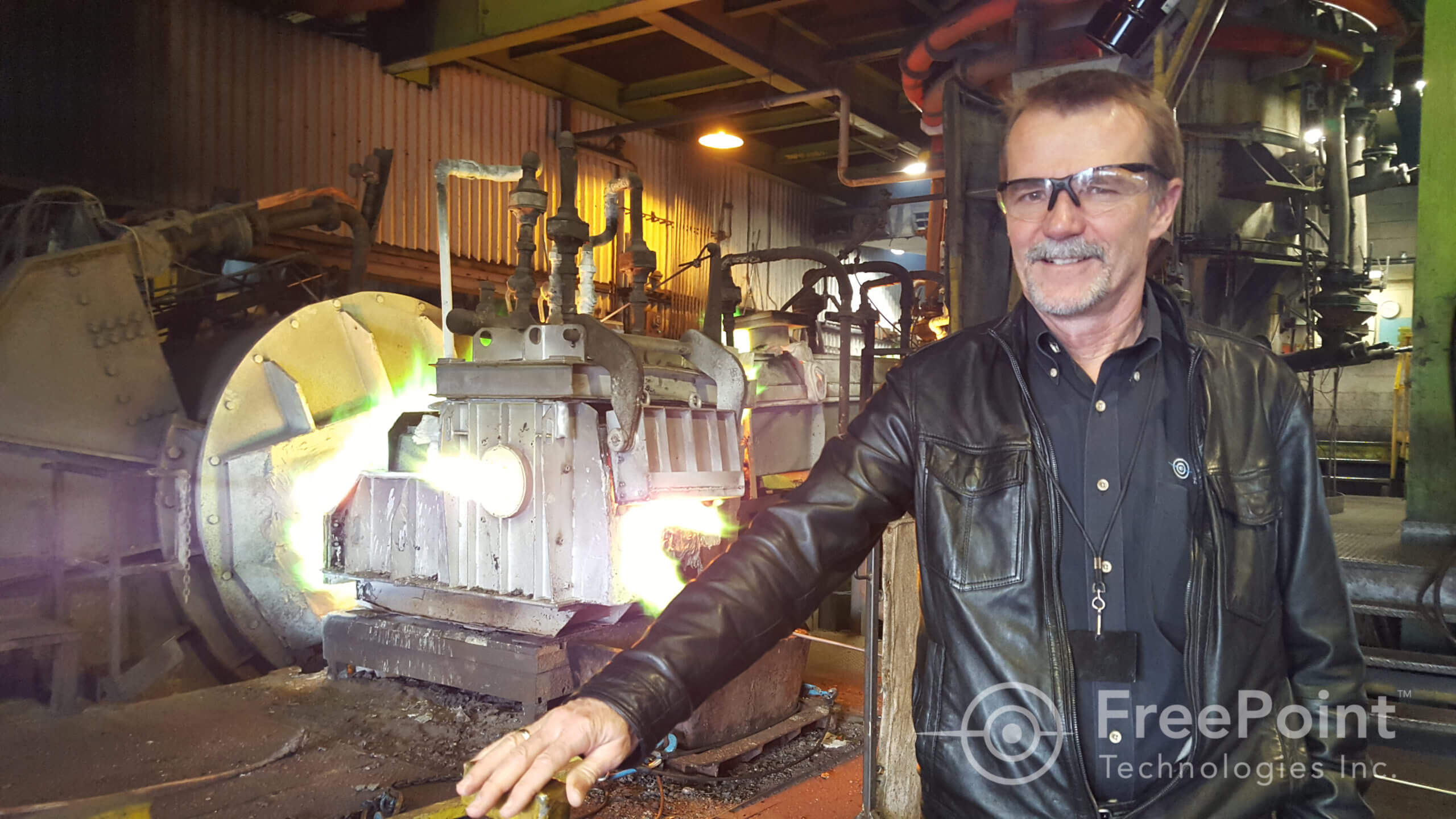
FreePoint Technologies
FreePoint Technologies (FreePoint) is a technology firm located in London, Ontario. Established in 2013, FreePoint helps industrial and manufacturing firms join the Industrial Internet of Things (IIOT) revolution. They do this with their unique, “machine wearable” technology that connects machinery to the cloud, allowing for simple collection and analysis of data on existing machinery.
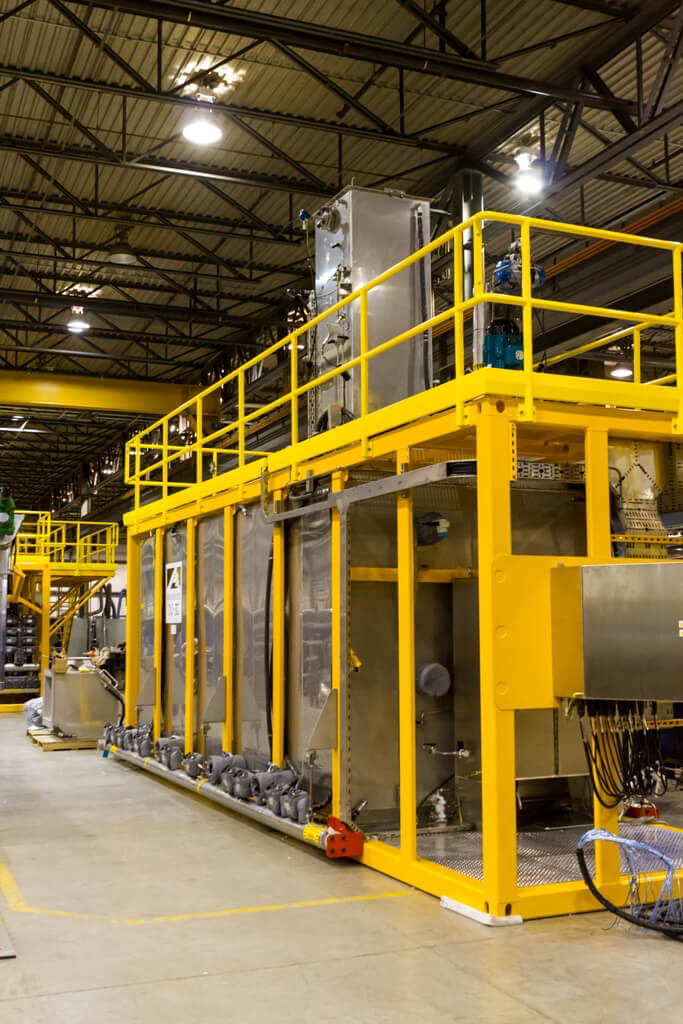
Abuma Manufacturing Limited
Abuma Manufacturing Ltd (Abuma) is a Build-to-Print metal fabricator capable of manufacturing custom components. Abuma fabricates the metal components and upper-level assemblies and integrates additional outside services like surface coatings, electrical, pneumatics, and purchased equipment as required.
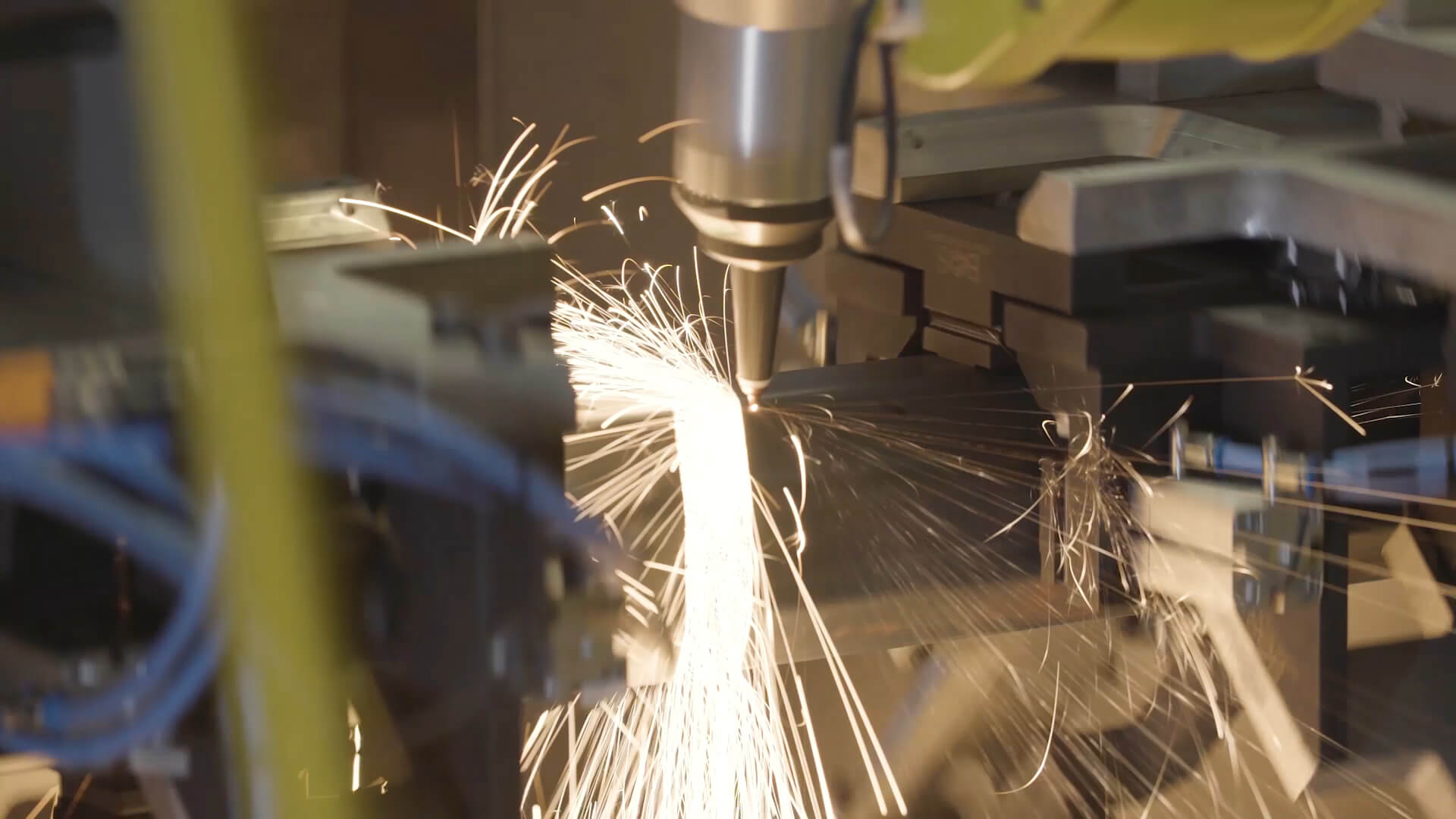
BOS Innovations
BOS Innovations develops custom factory automation solutions to help companies reach greater levels of productivity and profitability. The company’s mission is to advance North American manufacturing through world class integration of automation systems with innovative engineering, build quality, and service.
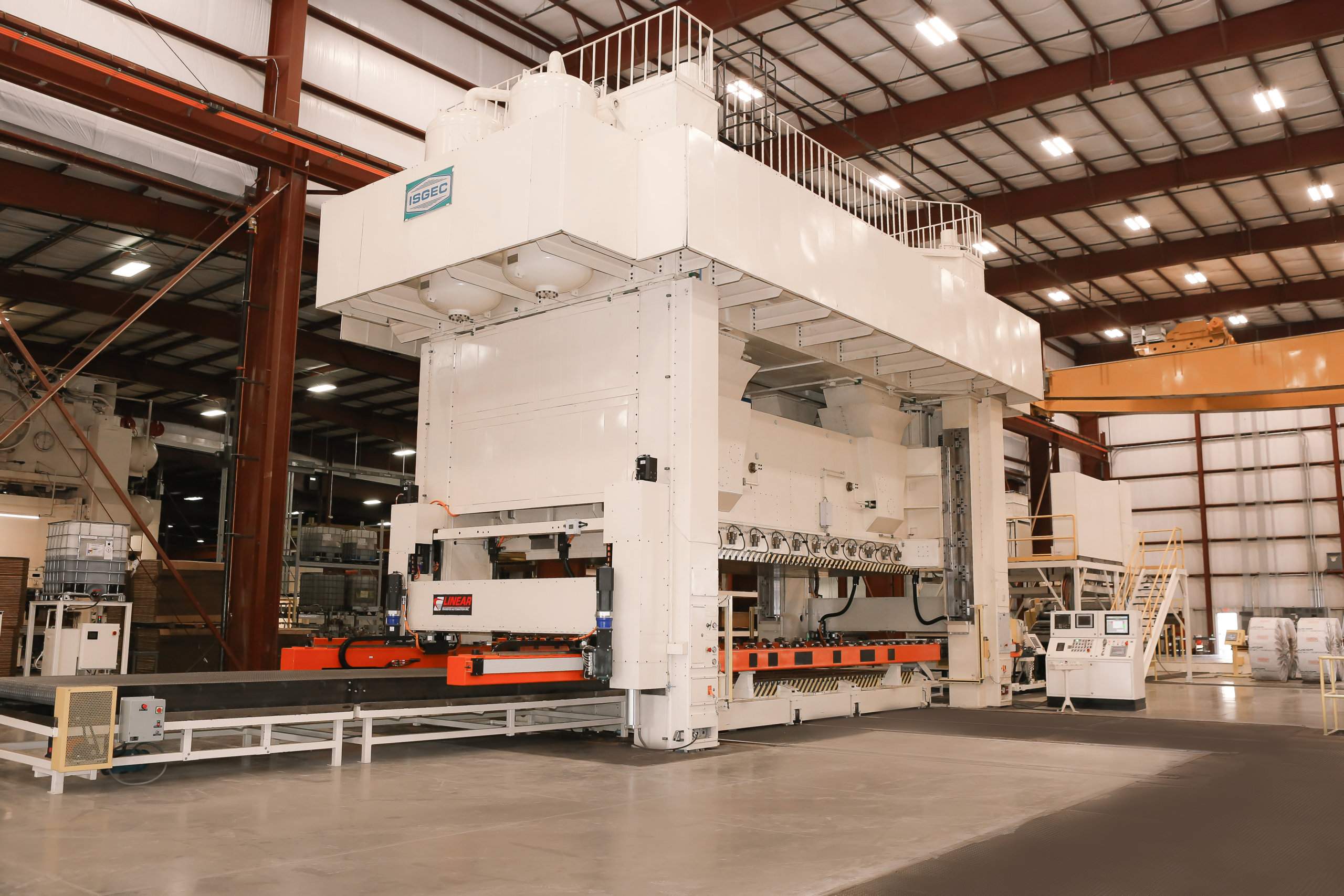
Linear Transfer Automation
Based in Barrie, Ontario, Linear Transfer Automation is a global supplier of press transfer automation, blank feed systems, and press-to-press automation. Linear is able to customize its automation solutions to fit specific equipment geometry and requirements for customers.
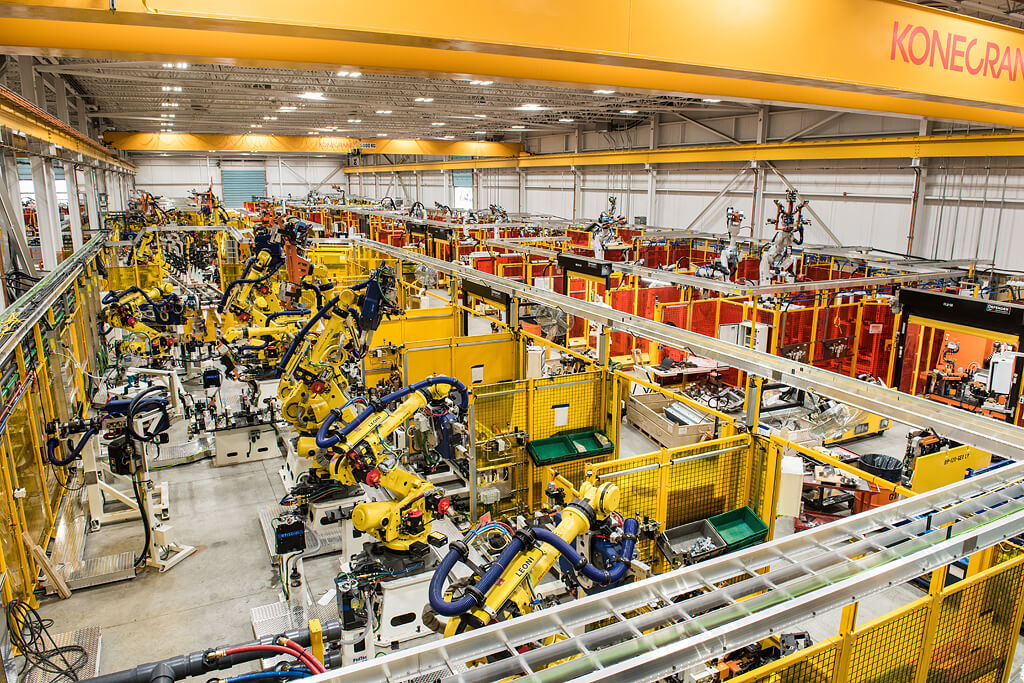
CenterLine
CenterLine is a manufacturer of custom automated welding and assembly lines, as well as resistance welding-related products. The firm is known worldwide as a leader in fastener welding technology, which is used in the production of automotive components.
